A banner year for memorable nonfiction. These were my favorites I encountered in 2023.
1. Birth Control, Allison Yarrow
You may have already read my screed on this subject, but how I wish this book had existed when I was pregnant with my first child. It contains everything I was gleaning, from all of my disparate reading about pregnancy, birth, and models of care, but now it’s all in one clear place.
Currently pregnant with a third, and planning for my third home birth, I believe Birth Control should be required reading for every pregnant woman in America. I’m buying copies and sending them to all the pregnant women in my life. (I underlined and highlighted so much of my own copy that it’d be a distracting reading experience if I were to lend it out.)
If you want to know how birth happens (or, more realistically, doesn’t happen, given all the interventions) in our country, this is a jaw-dropping, galvanizing survey. Allison Yarrow’s journalistic fervor and faithful reporting cover so much territory in the pregnancy/birth experience.
The book reveals, with astonishing detail, how women’s bodies are controlled, infantilized, and abused in pregnancy and birth in our country. Sexism and racism permeate the hospital birth system and the traditional OB model of care, which is something we often hear, but Yarrow makes it clear how these systems and their attending ideologies affect so many aspects of pregnancy and birth.
There are, of course, moments when I don’t agree with all of her conclusions or could easily find exceptions to her stated rules, but overall, Yarrow is fair and thorough and explains how hospitals and OBs work and why they have the policies they do (indicating, for example, when they’re prevented from providing a more compassionate model of care because of the insurance machine and legal liabilities, to say nothing of the inherited traditions of misogyny and racism). Childbirth should not be a battlefield. (Buy)
2. The Peregrine, J.A. Baker
A rare book. Some of the most beautiful writing on nature—or on any subject, really—I’ve ever encountered. J.A. Baker, a private, melancholic British man watches peregrine falcons for a decade in the great cultural/ecological unraveling of the sixties, and he nearly sheds his human nature as he does so.
No one writes books like this anymore. Baker tells us nothing about himself. He doesn’t matter. He does not have any “lessons” to teach us. There is (almost) nothing he is trying to say about “the human condition” through his observations.
Baker is not here to moralize or instruct or even reflect. He is just seeing. And he sees far better and with more piercing clarity than anyone I’ve read. (Werner Herzog apparently said that this was the book he’d tell someone to read if they wanted to make great films.) Baker succeeds at becoming the thing he watches. His yearning to be a falcon is palpable and strange; this desire animates the entire book. It’s a magical read; nothing “happens” and yet I could not look away. (Buy)
3. How to Say Babylon, Safiya Sinclair
A gripping memoir told with bravery and clarity. I was so riveted; it reads like a shocking novel.
Fundamentalist religion looks the same in so many cultures, no matter where you are in the world. When wielded by men, women and girls are almost always left in the wreckage. I have almost nothing in common with Safiya Sinclair, but her portrayal of a patriarchal father was instantly recognizable in the conservative homeschool community I grew up in (although, thankfully, not at all in my own father).
Sinclair handles the trauma of her past with grace and insight and writes with a poet’s loveliness. (Buy)
4. Blind Spot, Teju Cole
Teju Cole travels the world with his camera and his matchless eye. His vision is profound (and perhaps even more profound, given his brush with blindness), and his words are electric. A piecemeal travel diary of sorts, poetic asides paired with cityscapes. (To me, he is perfect.) (Buy)
5. The Baby on the Fire Escape, Julie Phillips
Essential reading and meditation for mother/creatives. Julie Phillips presents insightful biographies of women mothers/artists (in the U.S., South Africa, England, Canada) and how every creative mothering life can look different, how every parenting and artistic choice unfolds and creates ripples and rhythms.
I most enjoyed the chapter on Ursula K. Le Guin, whom I do not know well, because she was a rare example of a woman who had a beautiful childhood and a harmonious marriage—and was still able to create lasting, moving works of art. So often Art Monsters are held up as the standard, people who wreck their lives and the lives of everyone around them for the sake of their work, and I am so grateful Phillips included Le Guin as a vital exception to that rule. (Buy)
6. The Death of Adam, Marilynne Robinson
It is such a pleasure to read essays from the 1990s, essays in which the internet is not mentioned even once. And it is always a pleasure to read from the dense, complex, and beautiful mind of Marilynne Robinson, who here claims space to critique culture and modern American thought. As ever, she is affectionate toward John Calvin and the Puritans and aims to reclaim what good they brought to our moral frameworks. (Buy)
7. The Scent of Time, Byung-Chul Han
Maybe I didn’t understand this, but I loved it. Totally entranced by Byung-Chul Han’s perspective of time and what we have lost in modernity. (Buy)
8. Of Boys and Men, Richard Reeves
Clear minded and persuasively argued. Essential reading for parents of boys. (Buy)
9. Elderhood, Louise Aronson
Compassionate and urgently needed. As people who all plan on getting to elderhood, this book strikes me as essential reading for all Americans who need to prepare themselves to navigate the pitfalls of our nation’s medical system and the ways that it does serious (even life-threatening) disservice to the elderly. Louise Aronson, as a geriatrician, is perfectly poised to sound this call, and she’s also a talented writer, which makes the whole project even more compelling and persuasive. Highly recommended. (Buy)
10. Why Be Happy When You Could Be Normal?, Jeanette Winterson
Beautiful, challenging memoir about growing up, adopted, in a severe Pentecostal household, in working-class Manchester, as a young lesbian. In other words, Jeanette Winterson had the cards stacked against her from the beginning, but she emerges with such a powerful, triumphant voice and writes with sensitivity and beauty about her difficult childhood. (Buy)
Honorable Mentions
The Living Mountain, Nan Shepherd
Regarding the Pain of Others, Susan Sontag
Landmarks, Robert Macfarlane
The Nature of Oaks, Douglas Tallamy
The Song of Significance, Seth Godin
The Outermost House, Henry Beston
Negroland, Margo Jefferson
Smoke Gets in Your Eyes, Caitlin Doughty
Hunt, Gather, Parent, Michaeleen Doucleff
Rethink Your Position, Katy Bowman
Strangers to Ourselves, Rachel Aviv
The Conscious Closet, Elizabeth L. Cline
The Burnout Society, Byung-Chul Han
Generations, Jean M. Twenge
Womb, Leah Hazard
The Beauty of Everyday Things, Soetsu Yanagi
The Noise of Typewriters, Lance Morrow
The Song of the Cell, Siddhartha Mukherjee
An Immense World, Ed Yong
Habits of the Household, Justin Whitmel Earley



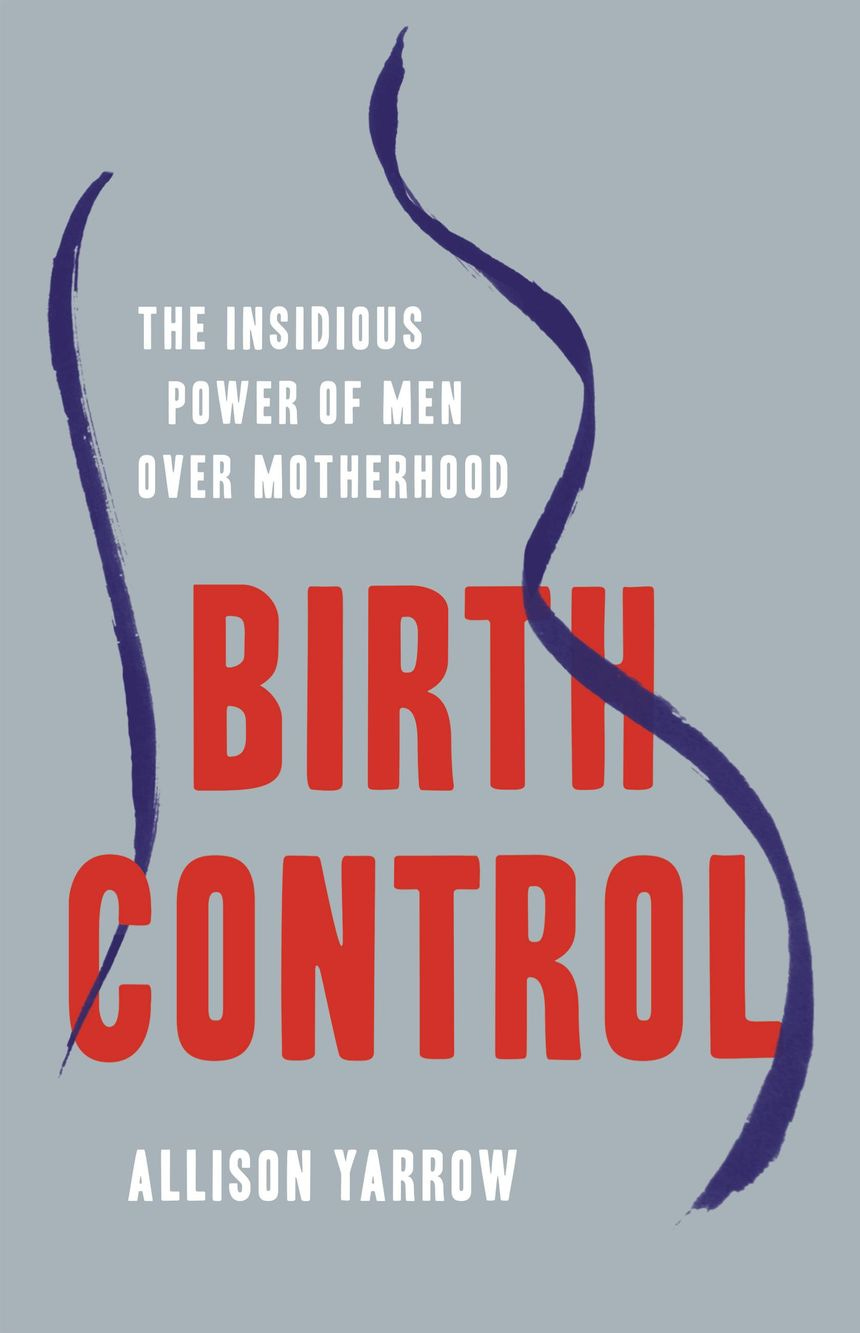
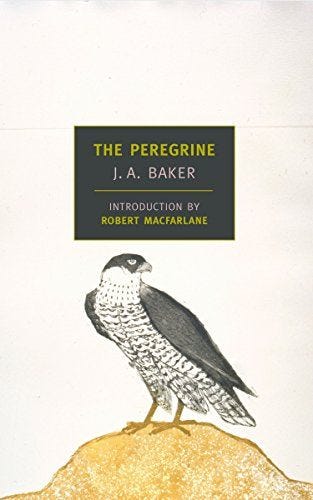
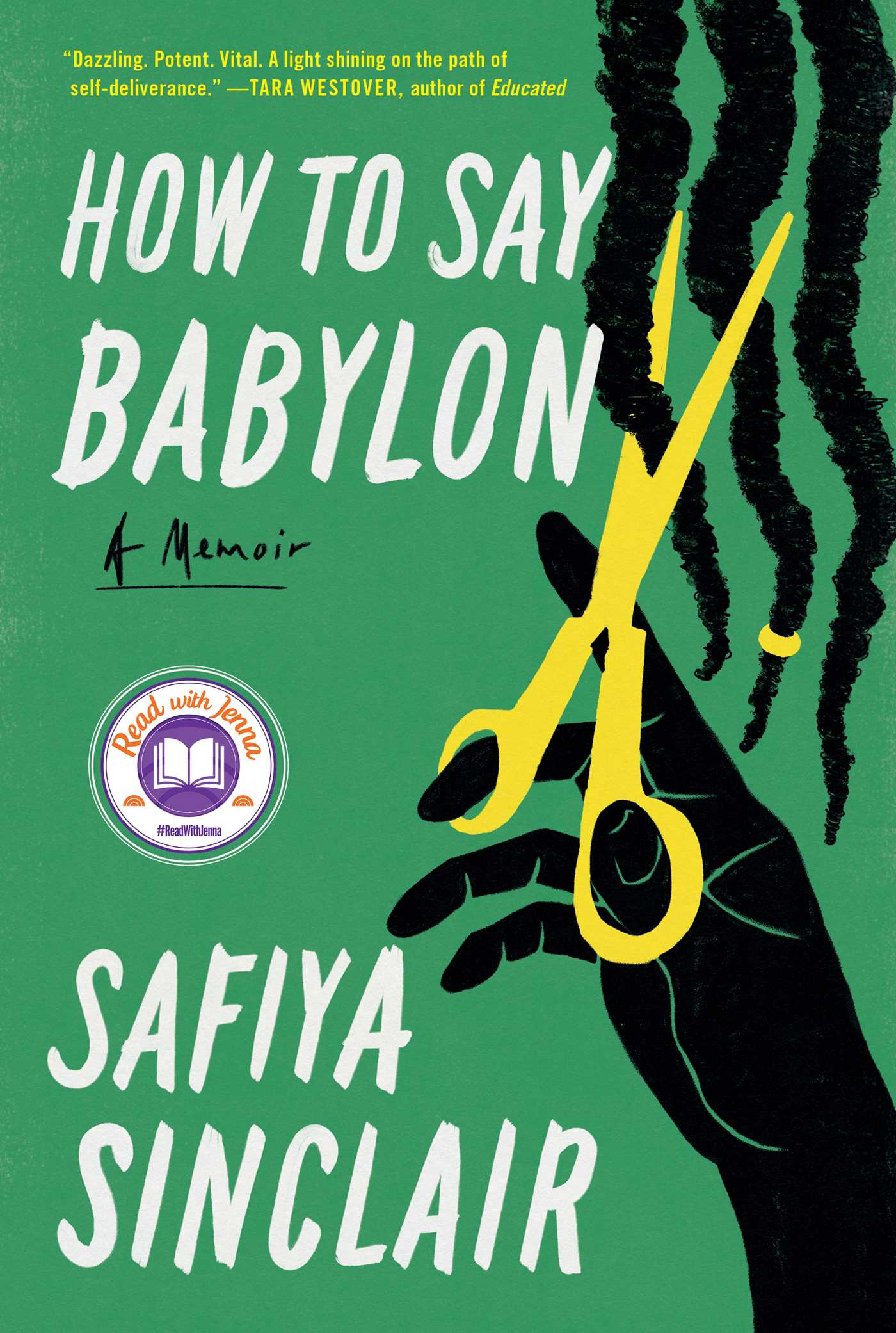
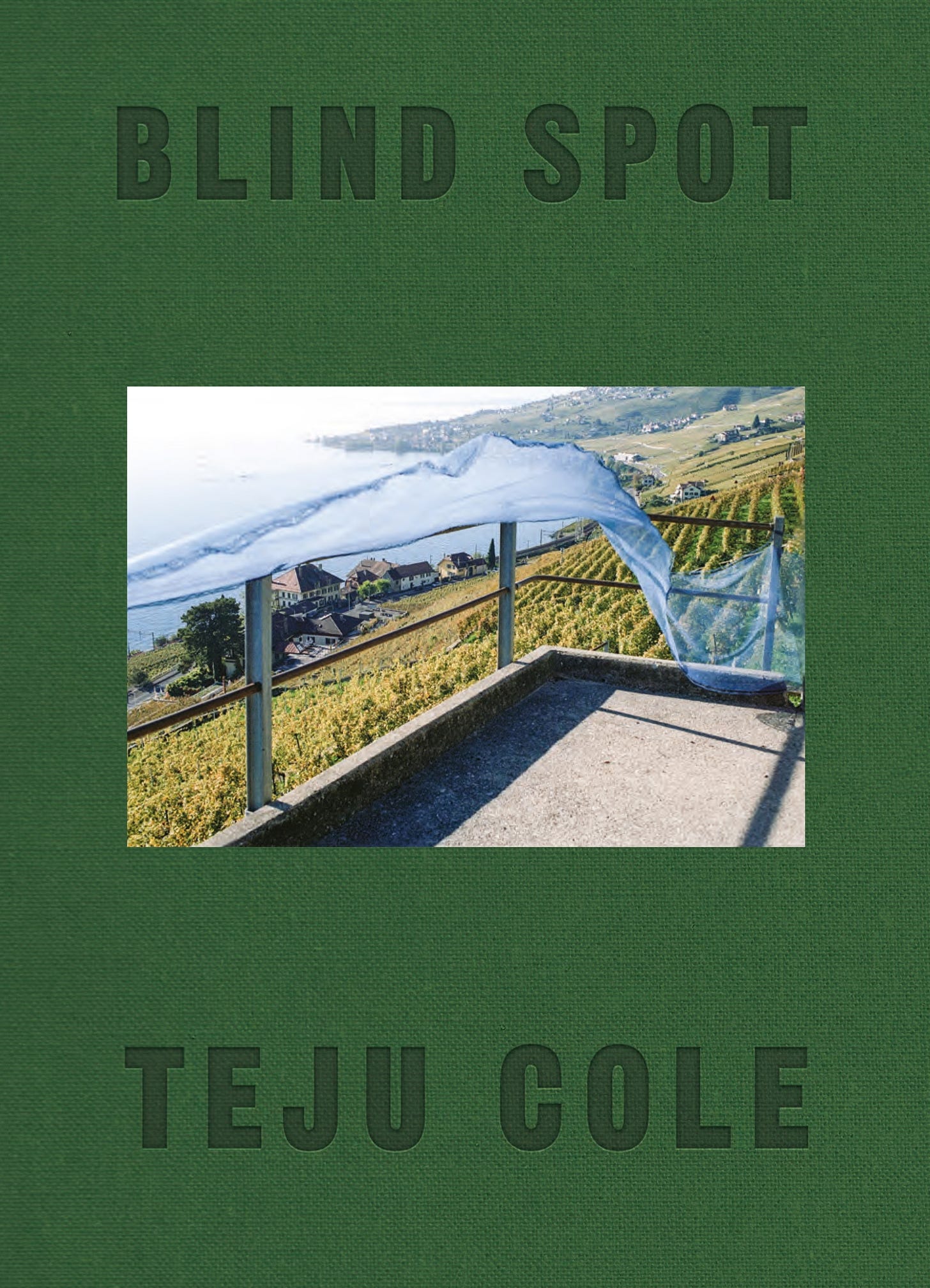
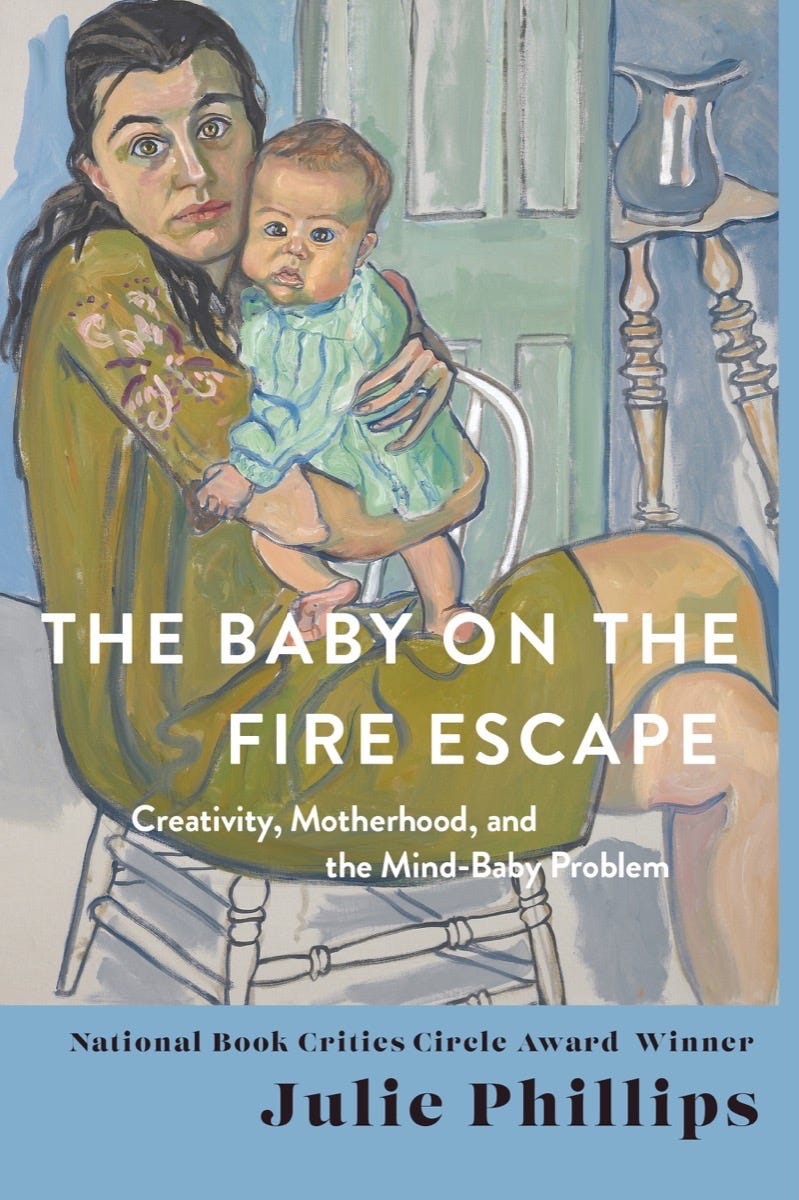
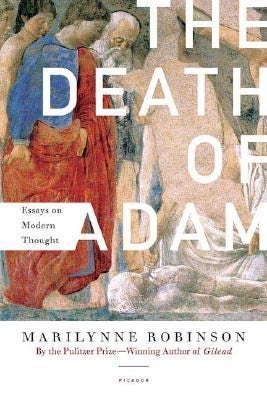
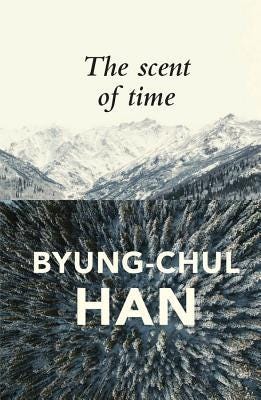
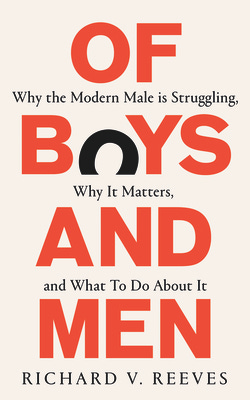
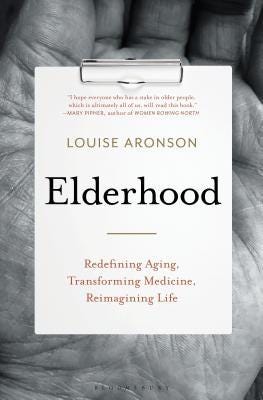
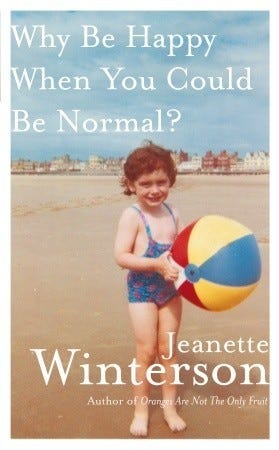
Ouch.